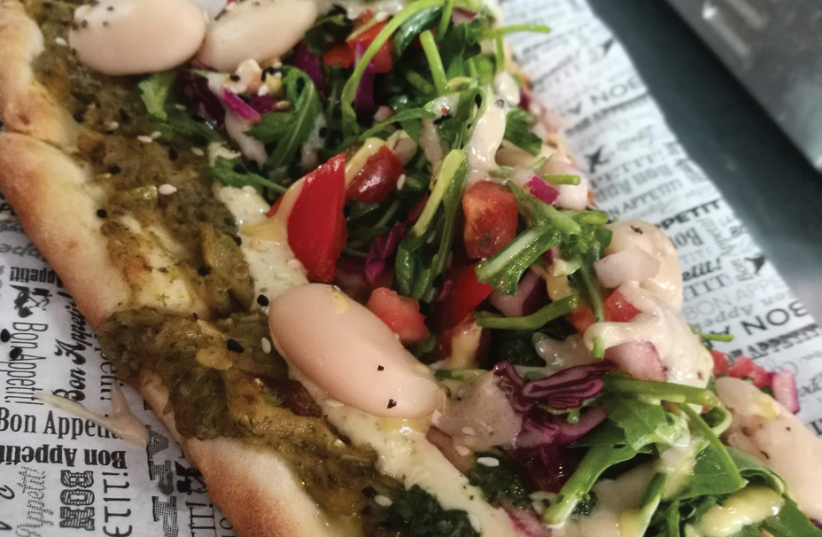The past 150 years have seen a rise in vegetarianism, the practice of not eating meat or fish. Vegetarianism sees eating meat as cruel and morally reprehensible, even considering it murderous.
An essential question that arises is: What is God’s attitude toward the consumption of animals? There doesn’t seem to be a clear-cut answer to this issue, which is the subject of much debate among Jewish commentators and thinkers.
Some see man – created in God’s image – as a higher creature than animals, and animals as creatures made for man’s needs. According to this approach, there is no moral problem with eating the meat of animals.
Others emphasize the commandments that prohibit the mistreatment of animals and conclude that, ideally, man should not eat the meat of animals.
By examining one of the commandments that appears in this week’s parasha, Re’eh, we sense ambivalence regarding eating animal meat.
“When the Lord, your God, expands your boundary... and you say, ‘I will eat meat,’ because your soul desires to eat meat, you may eat meat, according to every desire of your soul.... However, be strong not to eat the blood, for the blood is the soul; and you shall not eat the soul with the flesh” (Deuteronomy 12:20-23).
So, God allows the meat of animals to be eaten but forbids eating their blood, “for the blood is the soul” – meaning, the soul of the animal resides in its blood and it is not appropriate to eat the soul.
On the one hand, this seems like sweeping permission to eat those animals the Torah permits. On the other hand, this directive includes latent sensitivity for the fact that also animals have “souls,” and therefore it is unsuitable to eat the blood that expresses the vitality of the soul.
When looking at other sources in the Torah, we discover additional complexity regarding this issue.
In the story of Creation, it says that God gave Adam “...every seed-bearing herb... and every tree that has seed-bearing fruit; it will be yours for food” (Genesis 1:29). God permitted man to use plants for food, but not animals.
In a later generation, when Noah left the ark after the flood, he was told, “Every moving thing that lives shall be yours to eat; like the green vegetation, I have given you everything” (ibid. 9:3). God expanded the permitted foods to include living things.
Now we have to ask: What changed from before the flood to after it? And what is ideal?
Rabbi Abraham Isaac Kook, the first chief rabbi of the Land of Israel, presented his revolutionary doctrine in comments collected in “A Vision of Vegetarianism and Peace.”
He believed that the first human was prohibited from eating the meat of animals since that is the moral ideal. But the situation in which moral laws pertain equally to animals and humans led to humans deteriorating and imitating animal behavior, which is arbitrary and lacking morality or wisdom. This decline led to the flood. After the flood, in order to fix this situation, God distanced man from animals by not having laws of morality applied to animals.
That is why the Torah prefaces the permission to eat meat with the description, “and you say, ‘I will eat meat,’ because your soul desires to eat meat.” God conditions the permission to eat meat on the faulty condition of man’s soul, due to which he does not feel an inner resistance to eating the meat of animals.
Kook describes that in the end of days, humans will become so pure that the application of human morality on animals will not cause people to deteriorate to animal-like behavior, and will also not lead to the distortion of the correct moral order of priorities. Humans will again feel that eating animal meat is problematic, and the ancient divine prohibition from the days when the world began will be reinstated, that neither man nor animal has permission to eat the meat of any living creature.
This is how the Prophet Isaiah describes the end of days: “A wolf and a lamb shall graze together, and a lion, like cattle, shall eat straw, and a serpent – dust shall be his food; they shall neither harm nor destroy on all My holy mount,” says the Lord (Isaiah 65:25). ■
The writer is rabbi of the Western Wall and holy sites.
